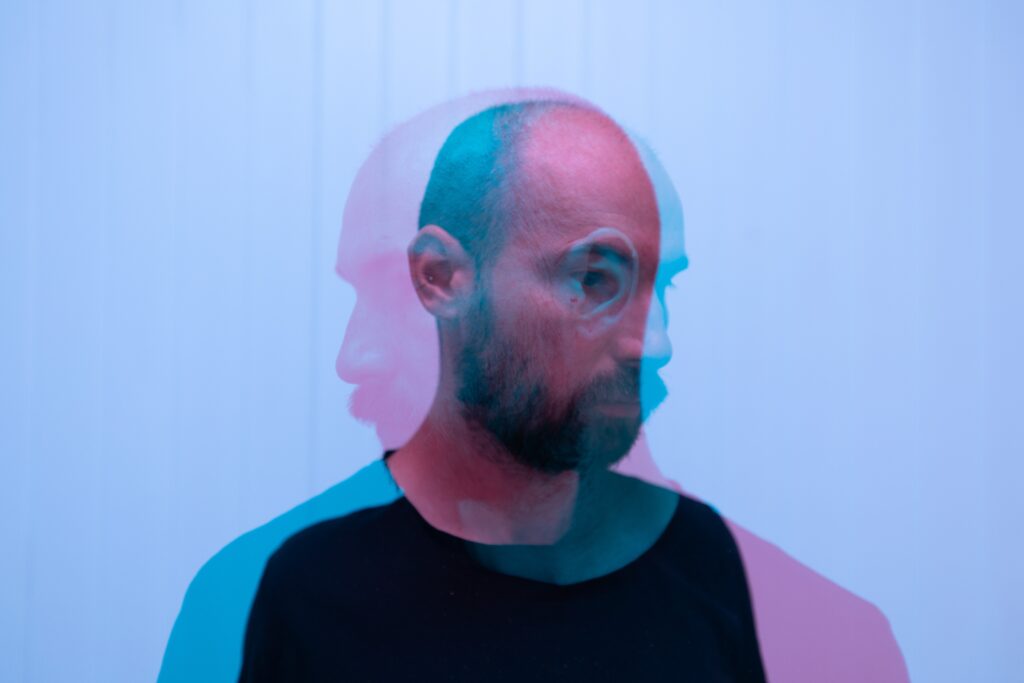Living with bipolar disorder can be hard in and of itself, so when substance use disorder gets thrown into the mix, it just becomes that much more complicated. That being said, there is always hope, as there are programs and support for those who are suffering from bipolar disorder, substance use, or both at the same time.
Read on as we cover the connection between bipolar disorder and substance use while also covering the concept of dual diagnosis and how it too can be treated.
Understanding Bipolar Disorder
Bipolar disorder is a mental health condition characterized by extreme mood swings and periods of both intense euphoria, called mania, and deep depression. Because both moods are so extreme, those with bipolar disorder often find it impacting everything from their lives to their relationships with other people to their overall well-being. It can be hard to deal with regular parts of daily life when either extremely euphoric or extremely depressed, after all.
Bipolar disorder is still being studied to better understand the causes and how best to treat it, which can also be mentally taxing on those diagnosed with the disorder, as it can feel as though there is no “cure” or a way to fully deal with the condition. Luckily, there are ways to help manage the disorder, though some are more harmful than others.
Bipolar Disorder and Substance Use
For example, sometimes people with bipolar disorder turn to drugs or alcohol as a way to cope with their extreme mood swings. The problem is that, while drugs or alcohol provide a small moment of relief, they can also make depressive symptoms or manic episodes even worse. Because of the relief they provide, though, the two often turn into a vicious cycle.
Dual Diagnosis: Navigating the Challenges
When bipolar disorder and substance use disorder co-occur like this, it is called a dual diagnosis. Substance use disorder can become a dual diagnosis for many underlying conditions, and managing a dual diagnosis can be particularly challenging due to how the two feed off of each other. Therefore, a treatment that addresses both bipolar disorder and substance use disorder is so important.
Individuals with a dual diagnosis are not alone in their struggles, though; many others have faced similar challenges and found their way to recovery and stability. Let’s take a look at how this can be achieved.
The Path to Recovery
Recovery from a dual diagnosis requires an approach that addresses both conditions simultaneously. Integrated treatment programs, combining mental health support and substance use disorder treatment, have shown promising results. These programs provide individuals with the tools and strategies to manage their symptoms, develop healthier coping mechanisms, and maintain sobriety.
Embracing Hope and Resilience
While living with a dual diagnosis may present challenges, don’t ever forget that recovery and stability are achievable. With the right treatment, support, and programs, those with a dual diagnosis can lead fulfilling lives and get themselves on the road to both sobriety and better mental health.
It might seem like a daunting task to tackle a dual diagnosis, but don’t worry: the professionals at Northbound Addiction Treatment Center in Newport Beach are here to help you every step of the way. Contact us today and see what we can offer you on your journey.
Author
-

President, CEO & Founder at Northbound Treatment Network
Paul Alexander is the CEO, President & Founder of Northbound Treatment Network in Newport Beach, California. He believes wholeheartedly in transformational leadership, organizational health and effective, fully integrated substance use disorder and mental health treatment. With over 27 years of experience in behavioral healthcare, Paul has extensive knowledge of “in vivo” treatment modalities, clinical development, operations, strategy, marketing and financial planning. He has been widely recognized for his development of collegiate-based residential treatment programs for students in recovery and authored a research study at The University of California confirming this modality’s effectiveness.
Paul’s comprehensive professional experience, willingness to innovate, and emphasis on organizational health are vital factors in Northbound’s continued success. Paul received his Certified Addiction Treatment Specialist training at Saddleback College in Mission Viejo, CA, and was awarded Outstanding Alumni Service Award in 2002. Paul holds a Bachelor of Arts degree in Criminology, Law and Society, Summa Cum Laude, from University of California, Irvine, and a Juris Doctorate degree from Loyola Law School of Los Angeles. Paul currently serves on The National Association of Addiction Treatment Providers (NAATP) board. In addition, he serves on The Family Recovery Foundation board and The CarePossible board in Orange County; both organizations are committed to raising funds for family recovery and treatment for former military personnel. Paul is in recovery himself and lives in Orange County with his wife Silvana and his two young sons, Noah and Dean.







